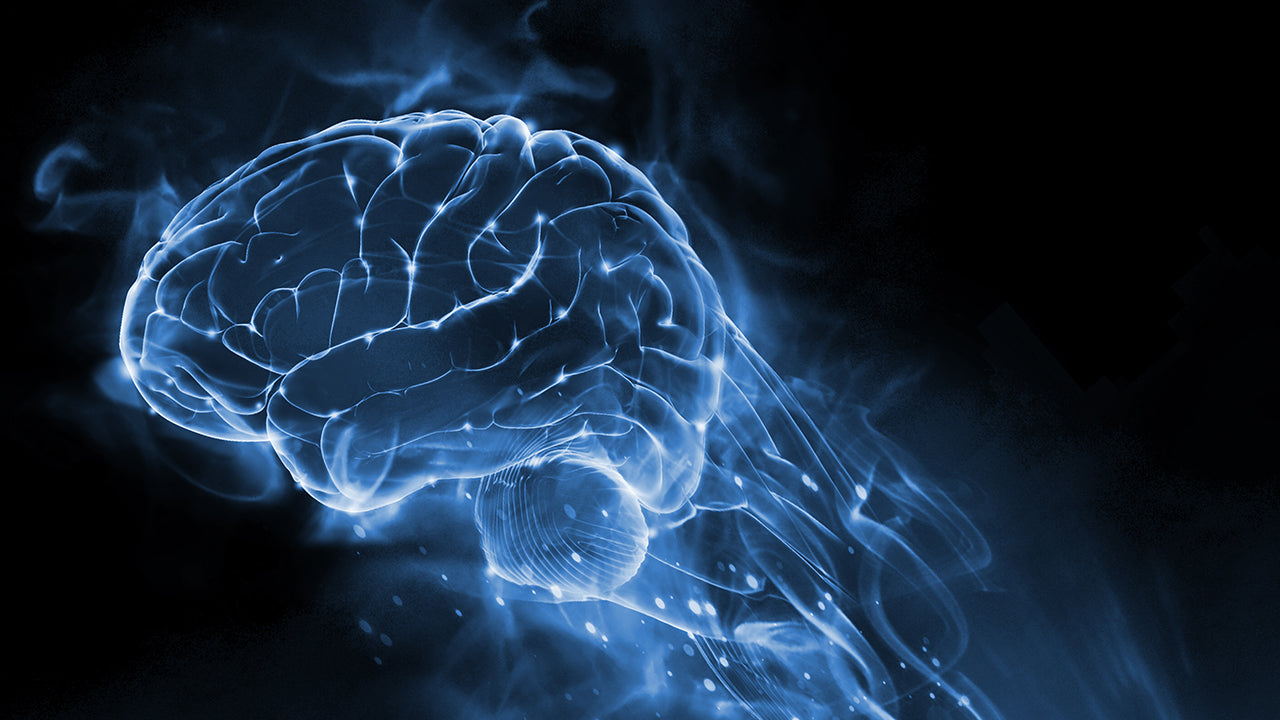Unlocking the Potential of Hyperbaric Oxygen Therapy for Brain Health and Recovery
Unlocking the Potential of Hyperbaric Oxygen Therapy for Brain Health and Recovery
In recent years, the spotlight on brain health has intensified, driven by growing awareness of the impact of traumatic brain injuries (TBI) and the potential for new therapeutic approaches. One such promising avenue is Hyperbaric Oxygen Therapy (HBOT), which has gained attention for its potential benefits in brain health and recovery, particularly in the realm of sports and TBI. In this blog, we’ll explore how HBOT works, its potential benefits for brain health, and its applications in treating sports-related injuries.
What is Hyperbaric Oxygen Therapy?
Hyperbaric Oxygen Therapy involves breathing pure oxygen in a pressurized room or chamber. Unlike normal air, which contains about 21% oxygen, the air inside a hyperbaric chamber is enriched with 100% oxygen and is delivered at pressures higher than sea level (usually between 1.5 to 3 times atmospheric pressure). This increased pressure allows oxygen to dissolve directly into the blood plasma, enhancing its delivery to tissues throughout the body.
How HBOT Works
The basic premise of HBOT is simple: increased oxygen levels accelerate healing and reduce inflammation. Under hyperbaric conditions, oxygen reaches even the most damaged cells, stimulating the body's natural repair processes. For the brain, this can mean improved cellular function, reduced swelling, and enhanced tissue regeneration.
Brain Health and Hyperbaric Oxygen Therapy
Traumatic Brain Injury (TBI)
TBI is a significant concern in both civilian and sports contexts. It can result from impacts or blows to the head, causing a range of symptoms from mild concussions to severe brain damage. Traditional treatments for TBI focus on managing symptoms and preventing further injury, but they often fall short in promoting comprehensive recovery.
Recent studies suggest that HBOT can offer additional benefits for TBI patients. The therapy helps to:
- Reduce Inflammation: HBOT has been shown to decrease neuroinflammation, a common issue in brain injuries. By reducing inflammation, the therapy can potentially mitigate some of the secondary damage following an injury.
- Promote Neurogenesis: The increased oxygen supply can stimulate the growth of new neurons and support the repair of damaged brain cells, which is crucial for long-term recovery.
- Improve Cognitive Function: Research indicates that HBOT may enhance cognitive function and memory by improving overall brain health and function.
Sports-Related Injuries
Sports, especially contact sports like football, hockey, and boxing, carry a higher risk of brain injuries. Concussions, repeated head impacts, and other forms of TBI are not uncommon, and their long-term effects can be debilitating.
For athletes, HBOT offers several benefits:
- Enhanced Recovery Time: Athletes often seek faster recovery to return to their sport. HBOT can potentially shorten the recovery period by accelerating healing processes.
- Reduction in Chronic Symptoms: For those suffering from post-concussion syndrome or chronic traumatic encephalopathy (CTE), HBOT may offer symptom relief by addressing the underlying inflammation and promoting brain repair.
- Preventive Measures: While still under investigation, some experts believe that regular use of HBOT might help to mitigate damage from repeated head impacts, although this use is controversial and not yet widely endorsed.
The Science Behind It
While anecdotal evidence and preliminary studies show promising results, the scientific community continues to investigate the full extent of HBOT’s benefits for brain health. Clinical trials are ongoing to better understand its efficacy and optimize treatment protocols.
For example, a study published in the Journal of Neurotrauma found that HBOT significantly improved cognitive and emotional functioning in patients with chronic TBI. Another study in Frontiers in Neurology highlighted its potential to reduce post-concussion symptoms and aid recovery.
Considerations and Future Directions
While HBOT holds promise, it’s important for patients and athletes to approach it with informed caution. Not all conditions may benefit from HBOT, and potential risks or side effects need to be considered. Consulting with a medical professional who specializes in HBOT is crucial to determine if it’s a suitable option.
Future research will likely refine treatment protocols and uncover more about how HBOT can be optimized for brain health. As understanding deepens, it’s expected that hyperbaric therapy will become a more integrated part of brain injury management and sports medicine.
Conclusion
Hyperbaric Oxygen Therapy presents an exciting frontier in the realm of brain health and recovery. With its potential to reduce inflammation, promote healing, and enhance cognitive function, it offers a hopeful adjunct to traditional treatments for TBI and sports-related brain injuries.
As research continues to evolve, HBOT could play a pivotal role in advancing brain health and recovery strategies, offering athletes and TBI patients a promising path to improved outcomes and quality of life.
If you or someone you know is considering HBOT, consult with healthcare professionals to explore if it’s the right option for you. As we continue to unlock the potential of this therapy, the future of brain health looks increasingly promising.
Source: International Hyperbarics Association
Information on this website is provided for educational purposes only. It is not intended as a substitute for the diagnosis, treatment, and advice of a qualified licensed professional. This website offers general information and in no way should anyone consider that this website represents the practice of medicine. This website assumes no responsibility for how this information is used. Also note that this website frequently updates its contents, due to a variety of reasons. No statements or implied treatments on this website have been evaluated or approved by the FDA. It is important that you do not reduce, change, or discontinue any medication or treatment without first consulting your doctor. Please consult your doctor before beginning any new program of treatment.

